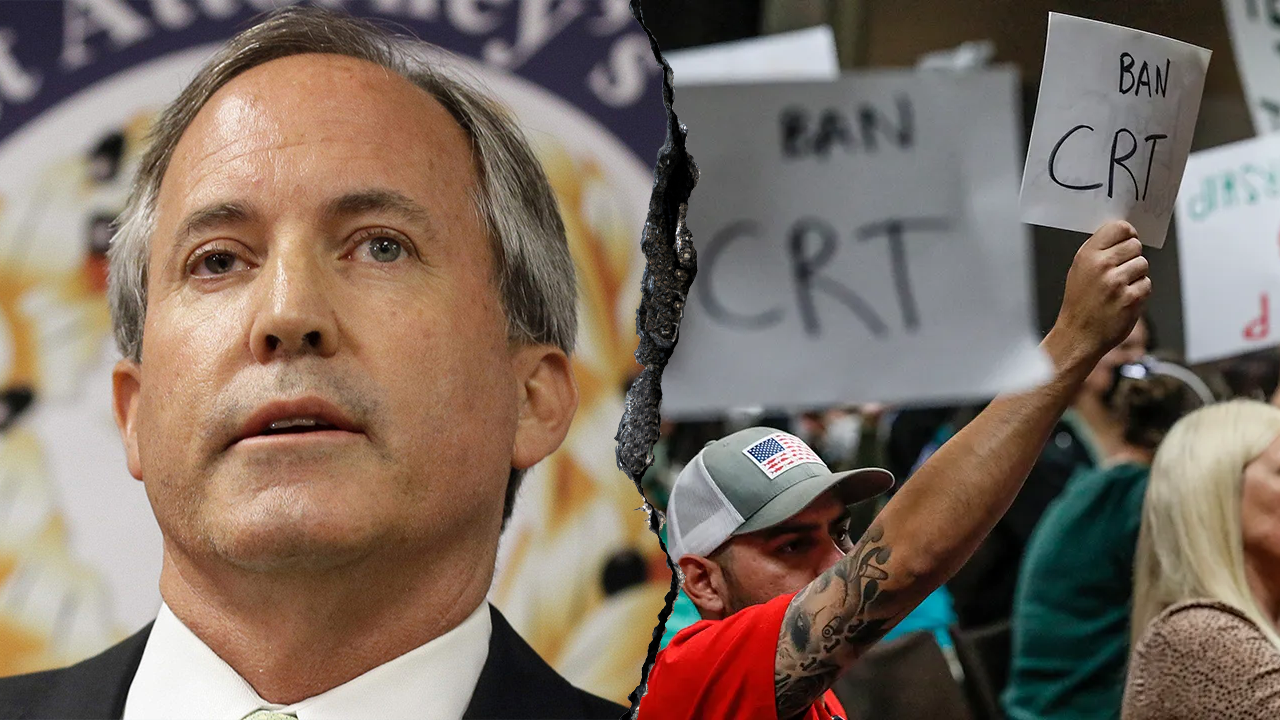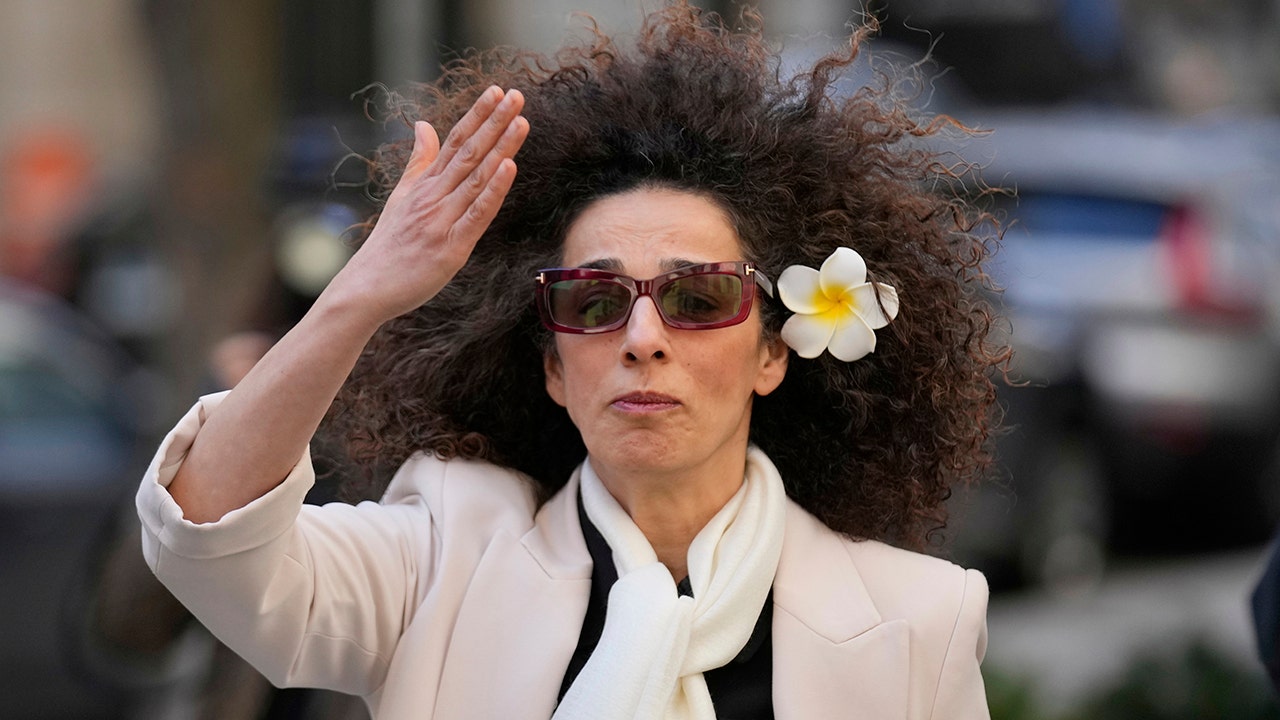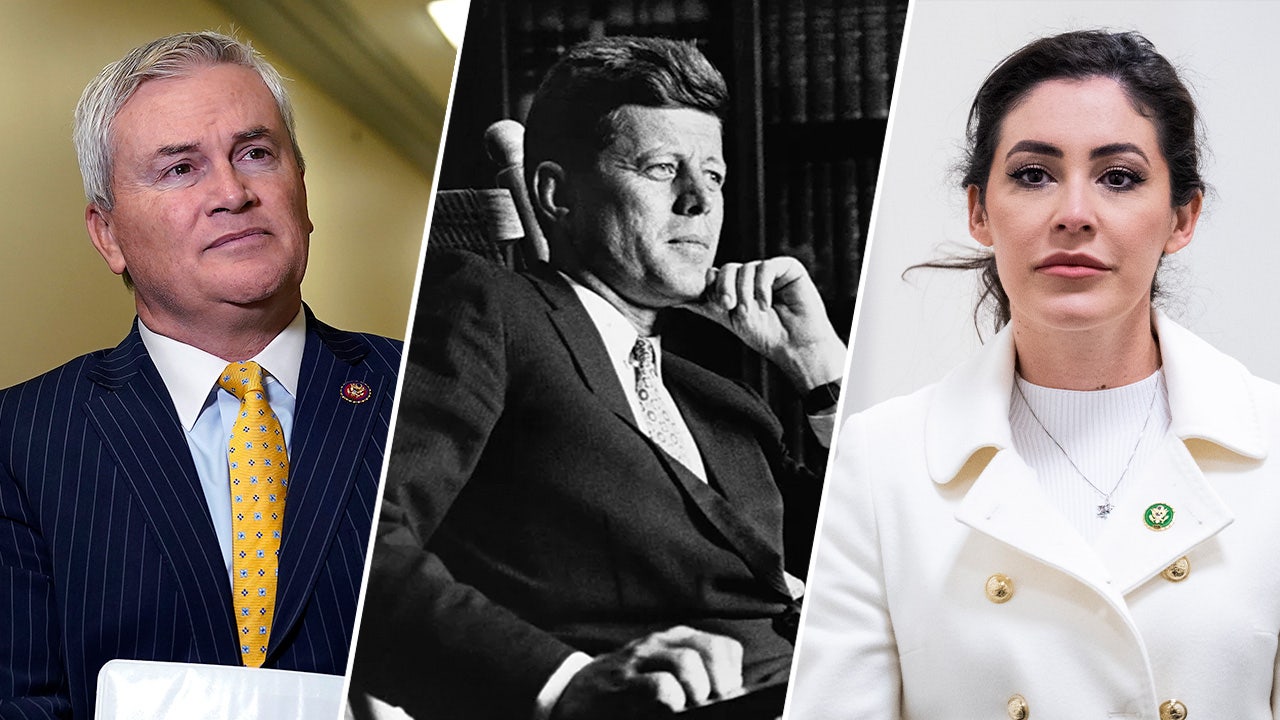Robert F. Kennedy Jr. was confirmed by a 52-48 vote in the Senate on Thursday, putting an end to what was one of the most hotly contested confirmation battles of the second Trump administration and ushering in a new era at the Department of Health and Human Services (HHS).
As HHS Secretary, Kennedy will be charged with implementing what became one of the most recognized spinoffs of Trump’s famous Make America Great Again slogan – Make America Healthy Again, or “MAHA.”
Since Trump’s victory last November, Kennedy has been advocating to translate the broad ideals of MAHA into concrete policies. “Today, Americans’ overall health is in grievous condition,” Kennedy said in the opening statement of his confirmation hearing. “When I met with President Trump last summer, I discovered that he is more than just concerned for this tragic situation, but he genuinely cares. President Trump is committed to restoring the American dream and 77 million Americans delivered a mandate to him to do just that.”
Kennedy also spoke extensively during his hearing about his views on a plethora of issues, including vaccine mandates, potentially harmful chemicals and ingredients used in the food industry, the healthcare workforce, and restoring public trust in America’s healthcare system.
However, despite Kennedy’s obvious concern over the fact that Americans’ health outcomes are getting worse despite the United States being the wealthiest and most powerful country in the world, Democrat senators relentlessly attacked Kennedy during the confirmation process, trotting out gross mischaracterizations of his views on vaccines in particular. While Kennedy has repeatedly stated that he supports some vaccines but has questions about the efficacy of others – particularly the COVID-19 vaccine – Democrats sought to portray him as a radical opponent of all vaccines.
Senators Elizabeth Warren and Ron Wyden also said that they had “grave concern” over various financial disclosures regarding vaccine litigation that Kennedy had been involved in, despite Kennedy’s repeated assurances that he would not financially benefit from any actions he took as secretary.
Kennedy’s heated exchange with Independent Senator Bernie Sanders was especially revealing of his approach toward healthcare. When Sanders bluntly asked if Kennedy believed that healthcare was a human right, Kennedy replied by calling it a false equivalency to put healthcare to the same degree as a human right like free speech.
When asked about the corruption and cronyism between federal agencies and the pharmaceutical industry, Kennedy called out Sanders for his own hypocrisy. “And by the way, Bernie, the problem of corruption is not just the federal agencies, it’s in Congress too. Almost all the members on this panel, including yourself, accepted millions of dollars from the pharmaceutical industry,” he said.
Kennedy’s statement forced Sanders to defend his 2020 presidential campaign’s finances, when his campaign did receive around $1.4 million from pharmaceutical executives.
In another exchange that has since gone viral on social media, Sanders demanded that Kennedy answer whether he was supportive of onesies reading “unvaxxed, unafraid” which were produced by a group that Kennedy is no longer involved in. “Are you supportive of these onesies?!” Sanders shouted at the nominee.
While the confirmation process was a new venue for it, Democrats have by now become used to bashing Kennedy at every opportunity. Since leaving the party of his father and uncles, Democrats have been ruthless in their efforts to silence Kennedy’s voice by waging a legal campaign to stop his independent bid for the presidency and portraying him a dangerous conspiracy theorist.
Democrats, however, weren’t the only skeptical voices in the room throughout Kennedy’s confirmation. Republican Louisiana Senator Bill Cassidy, a medical doctor, was initially critical of Kennedy over his previous statements on vaccines and controversial views on health, before deciding to support him after private conversations. Ultimately only one Republican, Mitch McConnell of Kentucky, voted against Kennedy’s confirmation.
Kennedy’s hearings also made clear that he intends to work with President Trump on restoring America’s strength through implementing the MAHA agenda. “President Trump has promised to restore America’s global strength and to restore the American dream,” Kennedy said, “but he understands that we can’t be a strong nation when our people are so sick.” Kennedy reaffirmed that once confirmed he will “do everything in my power to put the health of Americans back on track.”
Kennedy has made it clear that at the top of his priorities list will be addressing what he and Trump recognize as one of the major hurdles in restoring America’s strength: the ongoing chronic disease epidemic. “This is an existential threat—economically, to our military, to our health, and to our sense of well-being” Kennedy said. “It’s a priority for President Trump. That is why he asked me to run this agency.”
Kennedy’s concern for America’s chronic illness crisis is also tied to his commitment to tackling the unaffordability of American healthcare. “The CDC says 90 percent of healthcare spending goes toward managing chronic disease, which hits lower-income Americans the hardest,” Kennedy told senators. “The president’s pledge is not ‘To Make Some Americans Healthy Again.’ It’s all of us.”
The Centers for Disease Control (CDC) has notably reported that 6 out of 10 Americans now have a chronic illness, with 4 out of 10 having two or more chronic illnesses. The rise in the number of people with a chronic illness has led to an exponential increase in overall healthcare costs. Spending on U.S. healthcare grew 7.5 percent in 2023, reaching $4.9 trillion, or $14,570 per person. As a percentage of GDP, America now spends more than any other nation in the world on healthcare.
However, despite the scope of the health challenges facing the country, Kennedy has proven that he has the passion, determination, and courage to question failed establishment thinking and reverse decades of alarming trends in Americans’ health and wellbeing. The MAHA era has begun.
Hunter Oswald is a Research Fellow for The American Spectator. He is an alum of Grove City College, where he graduated Cum Laude with a B.A. in Political Science. You can follow him on X @HunterOswald8.
Read the full article here











